In today’s world, there is an enormous demand for geysers, also called water heaters. It is scientifically proven that hot water causes heat and eliminates the root of the problem, making it a man’s best friend when it comes to taking a smooth bath in the winter or eliminating bacteria from the flooring system or body. You must, however, pick your new water heater wisely if you’re buying one for your house. Learn more about the various sizes and types of water heaters and what kind of energy powers them if you want to save money and ensure that your water heater lasts a long time. In this guide, we’ll look at several water heater models, the fuels they run on, and features to look for so you can pick the right one for your house.
Types of Water Heaters
Water heaters come in two broad categories: storage and instantaneous. By dispensing the heated water immediately instead of storing it in a tank, instant water heaters heat water as it flows through a heat exchanger. It is also known as a tankless or demand-type water heater for this reason. Storage water heaters are heaters that keep the heated water inside an insulated tank, which is important information to know. The hot water is routed via a mixer tap before being delivered, making it safer to use.
The name of an instant heater tells you how it operates. They have a heating element that rapidly heats water as it flows through, so you don’t have to wait long for the water to reach the temperature you want. In contrast, because storage water heaters heat water in large quantities, they require longer time—on average, about 30 minutes. It’s critical to understand the distinctions and distinctive qualities of storage and instant water heaters. Instant water heaters are compact, tiny in size, and only occupy a little amount of space. Storage water heaters, on the other hand, often need a sizable installation space because they can keep a lot of water.
Fuel Type
Behind the scenes, the work is done by the fuel source. Making a wise decision is crucial, taking in mind the options available and the variable expenses involved. However, the three most common fuels for a water heater are electric, gas, and solar.
Examine the fuel options in your area and make a decision based on that research. A win-win scenario is produced by the widespread availability of power. Electricity is less maintenance-intensive than its competitors and is suitable with a variety of water heaters. A concern in this situation, nevertheless, may be the constant increase in global electricity rates. Gas is number two on the list. Gas is a cost-effective technique to heat water while also affecting the environment. A significant source of worry in many places is the fact that there is a shortage of gas throughout the winter because of increasing demand. As a result, you’ll need burners to heat the water, and the process could take a while. Due to the fact that they rely on solar energy, solar water heaters are extremely energy-efficient. However, installing solar water heaters is highly expensive and may be out of many people’s price range.
Important Factors to Consider
- You need a water heater that is the right size to maximize efficiency while providing your household with enough hot water. Naturally, storage water heaters need to be built large to fit a tank. As opposed to storage water heaters, instant water heaters are more visually appealing due to their smaller, more portable forms.
- Check the energy efficiency of a water heater before you buy it to maximize energy and cost savings. An instant hot water system is a terrific addition to your current energy-efficient appliances for homeowners who are environmentally aware. While in terms of efficiency, solar hot water systems frequently surpass instant water heaters, they aren’t always the best choice.
- It’s a good idea to calculate the annual operating costs of a water heater before you buy one and compare them to those of other, more or less energy-efficient models. As opposed to storage water heaters, instant hot water systems use a little bit more technology. Unfortunately, this more sophisticated technology also means that the unit will cost more upfront.
- There are various water heaters available, but you must choose the one that best fits your needs and preferences. You have an infinite number of sizes, shapes, and design An ideal water source should not only efficiently heat our water but also raise the bar for your bathroom. For this reason, consider your aesthetic needs as well when investing in a quality geyser.
- Instant heaters must limit the rate of water flow through their heating elements to provide hot water on demand; to do this; they must lower the pressure of the water coming from the main input, which results in reduced water pressure. Such a mechanism is not necessary for storage water heaters because they only heat the water that is already in the tank. Stronger water pressure results from not having to restrict the flow of water from the main inflow.
Moreover
The optimum hot water system for your home is determined by a variety of factors. In general, smaller homes where the hot water demand won’t surpass the flow rate are the best candidates for instant hot water systems. Storage systems are typically more appropriate for larger residences.




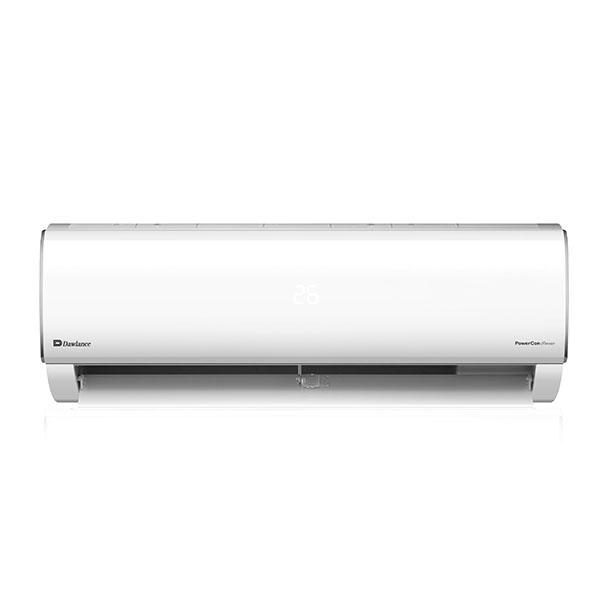

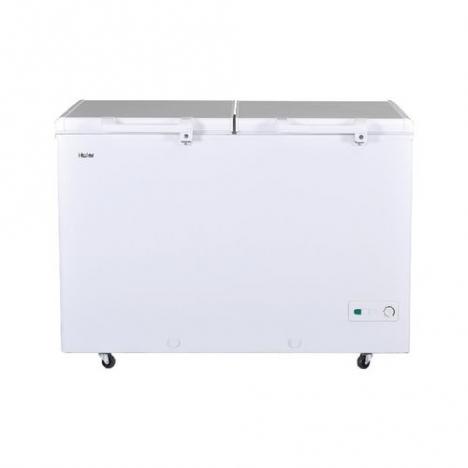

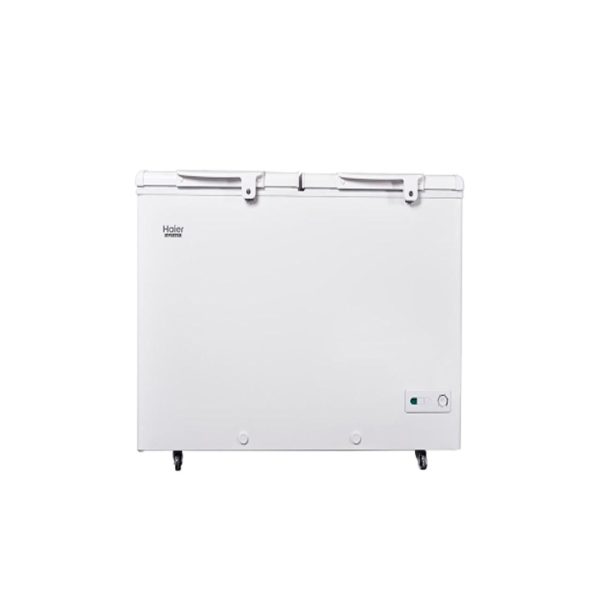


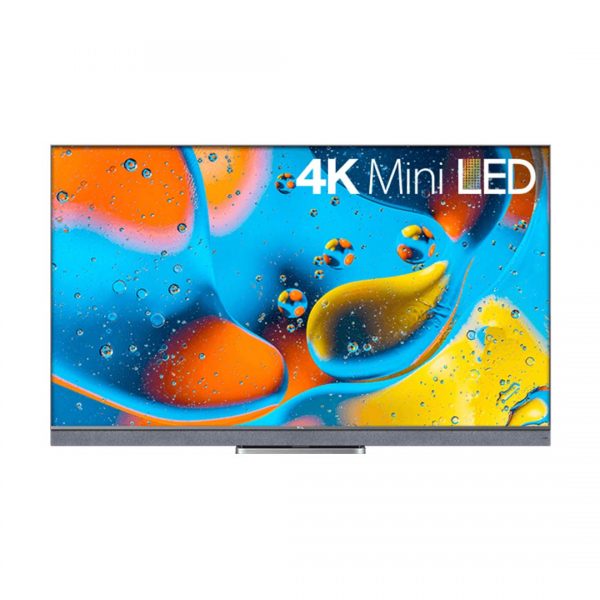
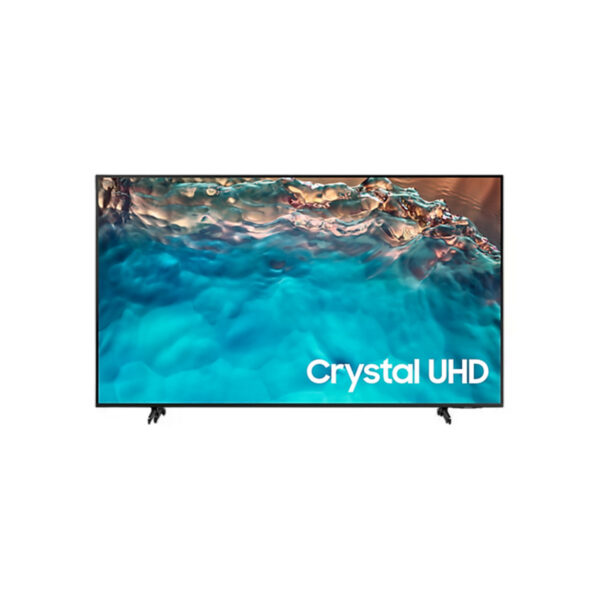
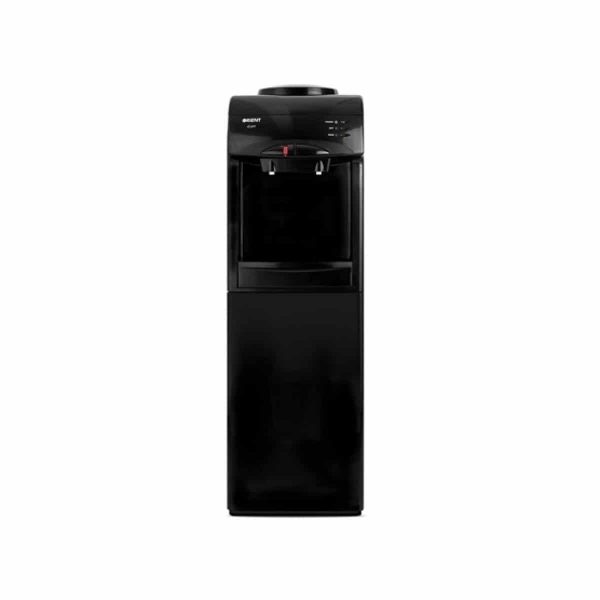
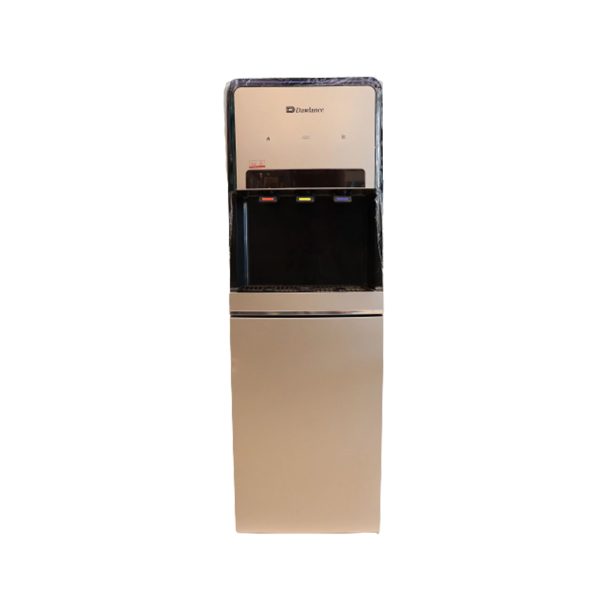

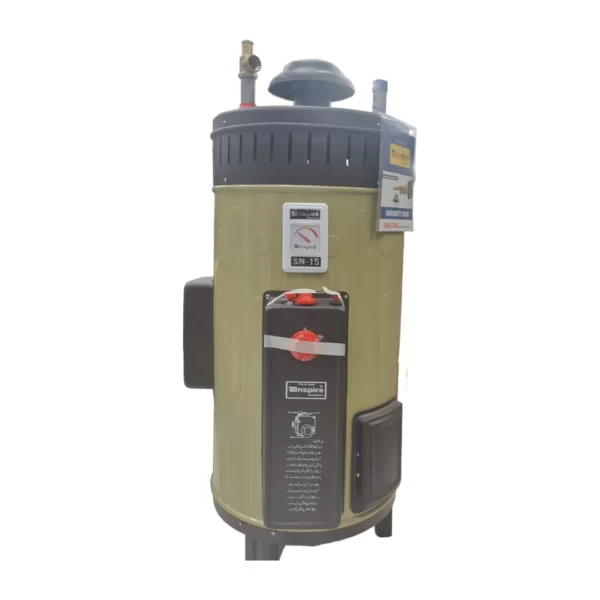
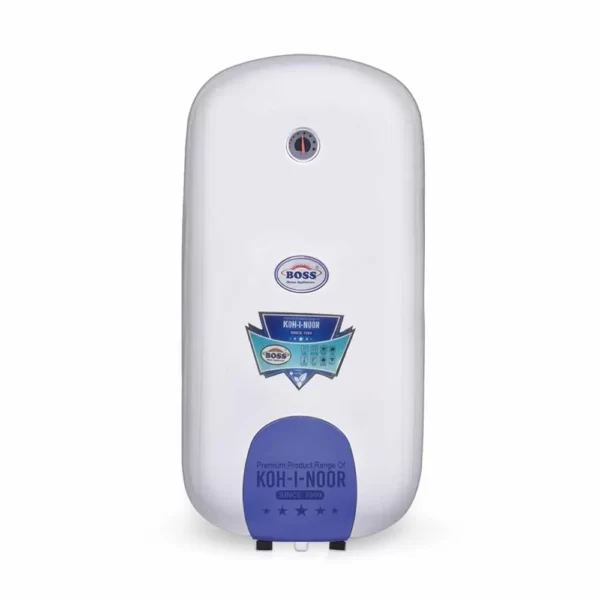
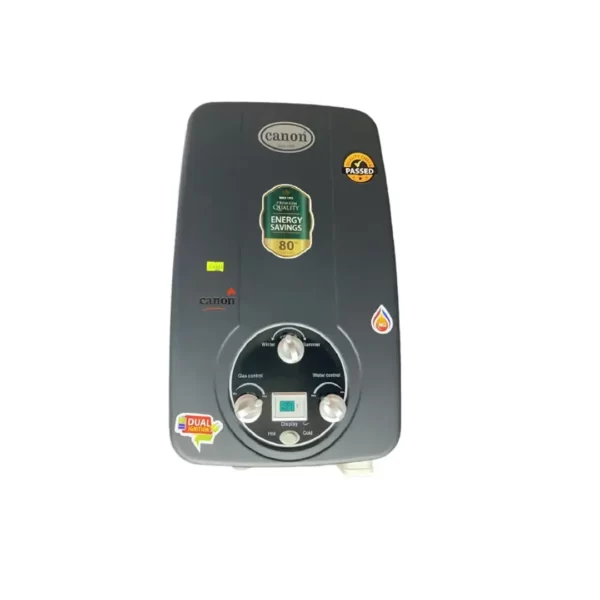
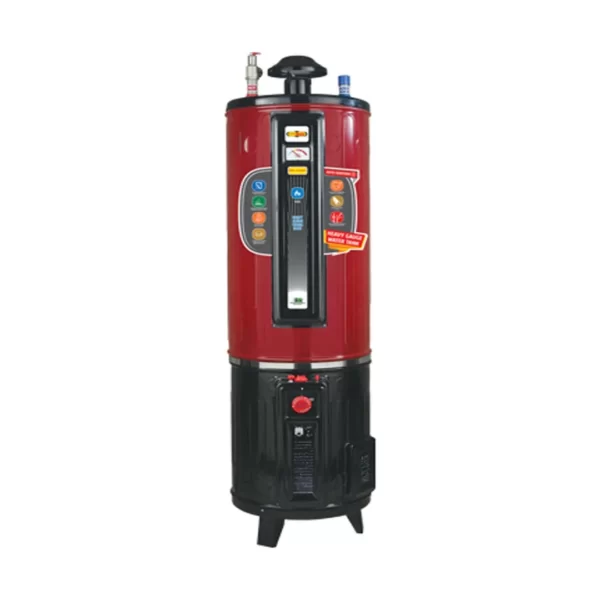



 Dryers
Dryers Ironing / Garment Care
Ironing / Garment Care